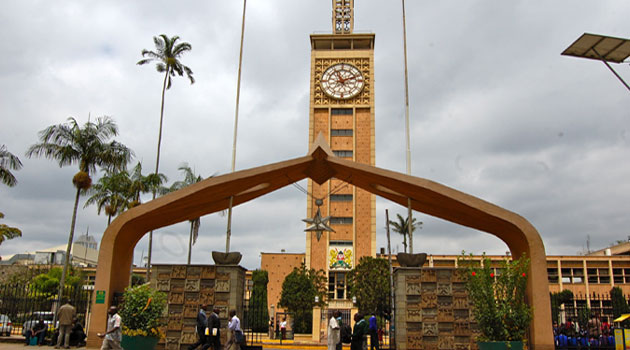
ed by Awendo legislator Jared Odhiambo, the leaders indicated that this has caused a surplus in the market and a stockpile in the warehouses of sugar factories/FILE
Led by Awendo legislator Jared Odhiambo, the leaders indicated that this has caused a surplus in the market and a stockpile in the warehouses of sugar factories.
He pointed out that there is need for increased surveillance to reduce illegal imports and promote competitive production of sugar in the country.
“The government has not taken any deliberate effort to ensure that the production of sugar in the country becomes competitive in readiness for the COMESA trading bloc. We want an immediate commencement of systematic and deliberate efforts geared towards making the production of sugar more competitive,” he said.
Lugari Member of Parliament Ayub Savula said there was need for extension of the Common Market for Eastern and Southern Africa (COMESA) safeguards to protect the sugar industry in the country.
“We are demanding that the Ministry of Finance tables the list of parastatal sugar mills that are supposed to be privatized in Parliament immediately so that we can allow private capital to be invested in the sugar mills,” he pointed out.
“In COMESA countries you produce sugar at 300USD per tonne while in Kenya, you produce 700USD per tonne. You cannot compete since if the COMESA sugar lands in Mombasa it will sell cheaper than the locally manufactured.”
Kenya was first given the protection from cheaper sugar imports from the COMESA region in 2004 and the safeguards, extended in 2008 and 2012, expire on February 28 2014.
After this period, sugar from other countries in the region will be allowed into the local market.
With the planned privatisation of state-owned sugar factories going at a snail speed, it is feared that the Kenyan sugar industry will collapse if the import safeguards are removed.
Kenyan factories are less efficient than their neighbours which means imported sugar is much cheaper than the one produced locally.


































